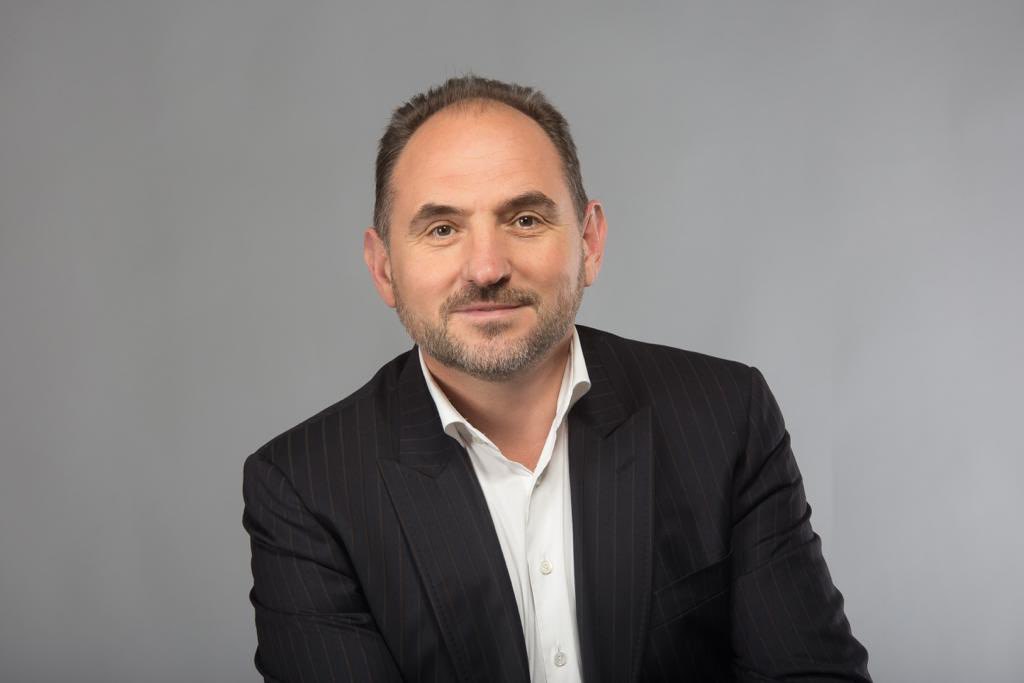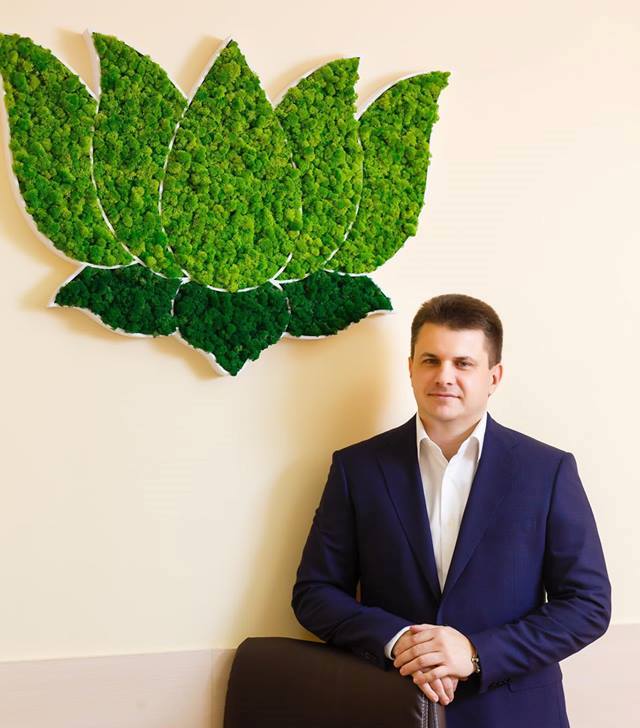Green energy 2019. Why will the hype begin in Ukraine
How will alternative energy develop in the coming year while Ukraine has still to switch to an auction system
Year 2018 ends with a significant event for renewable energy. At the end of last week, the Parliament approved in the first reading a bill that will allow Ukraine to switch from green tariffs to green auctions within a year. However, the initial plan was to implement it six months earlier – from July 1, 2019.
As Serhii Savchuk, the Chairman of the State Agency for Energy Efficiency, explained, the winners of the auctions will sign contracts for the sale of clean electricity at the auction price for 20 years.
All projects of any capacity will be able to take part in auctions, which are planned to be held twice a year.
Participation will be mandatory for the following projects:
from 2020 – solar power plants of more than 10 MW and wind power plants of more than 20 MW;
from 2021-2022 – solar power plants of more than 5 MW and wind power plants of more than 20 MW;
In addition, a 10% premium is assumed to the auction price for the use of Ukrainian-made equipment.
According to experts, if from 2020 Ukraine does not switch from the usage of the highest green tariffs in Europe to green auctions, nothing good will come of it. Clean energy will cost the state too much.
”Renewable energy accounts for about 1.9% of total production, but we pay about 9% of total costs for it, ” stated Konstantyn Chyzhyk, project Manager of the Office of the National Investment Council, in his column.
According to him, if the situation does not change in the near future, everyone will be affected: the state will not be able to buy-out electricity and will default on its obligations, investors will lose the money they invested in the construction of plants, banks will lose the funds they lent to investors.
LIGA.net Editorial Board as part of a special project on the development of green energy in Ukraine with Clear Energy, asked Petro Bahrii and Andrii Hrinenko, the co-founders of the company, how the introduction of auctions can affect the business, on what note the industry ends 2018, and what to expect in the coming year.
– Why does Ukraine want to switch to auctions? What is the issue with green tariffs?
Petro Bahrii: The main problem here is that the “green” tariff for the sun and wind is too high. It should be brought in line with the European tariff. When it was approved, the capital investment in the 1 MW solar power plant was 2.4-3.2 million euros. Today, due to the development and cheapening of technologies, it’s 800 thousand. In addition, the return on such projects has increased significantly.
 <!–Петр Багрий–>
<!–Петр Багрий–>
Let’s hope that the Verkhovna Rada will soon pass bill No. 8449, which will launch the mechanism of green auctions starting from 2020. It also has the power to solve the issue of outdated green tariffs.
– What amount of electricity is currently available from green sources?
Petro Bahrii: According to the State enterprise “Energorynok”, the energy generated from alternative sources now accounts for about 2% of the total mass. At the same time, the government is confident that by 2030, it will be possible to reach a 25% mark. Whether it will work depends on many factors, including state support, legal framework, and investment environment.
– What are the areas of alternative energy that developed most actively in 2018?
Andrii Hrinenko: This year, three alternative energy sectors grew most dynamically. I would probably give the first place to solar energy, because today this field is the simplest in terms of engineering. Most businesses and even households can afford a solar power plant. In addition, it is completely clear how much money is needed to install such a plant. Also, this industry is successfully funded by banks.
A wind power plant is another strong player in the alternative electricity market. Since each wind generator has a large capacity, these projects are much more complex both in terms of investment and in terms of preparation. Only the study of the wind potential itself by foreign companies takes about two years. And this a very expensive process in itself. Wind projects are expensive, but their efficiency is higher than that of solar ones. And in third place in terms of market volume is biomass and biogas.
– How do you think the transition from green tariffs to auctions will affect the current situation in the market?
Andrii: Since from 2020 the tariff will be reduced, 2019 will be full of events in the industry throughout Ukraine. New projects will be put into operation as quickly as possible because this will be the last opportunity to work at the current tariff.

<a href=”http://www.liga.net/”>Source</a><!–Андрей Гриненко–>
I, for one, am sure that there will be a lot of solar, wind and biomass and biogas projects. Everyone will try to launch as soon as possible, and we are no exception.
Altogether, I think the law is a bit untimely. If companies want to operate in a particular region or field at reduced rates, they will have to compete with each other at auctions. But for this, the market must be balanced, regulated, and the competition appropriate. Is it even there?
But with that, comes a guarantee for the release of electricity at the established tariff for another 20 years. In my opinion, this is an undeniable advantage. Even if the tariff is 10-15% cheaper than the current one, it will still guarantee 20 years of stable operation.
– When finalizing the bill for the second reading, Serhii Savchuk considers it necessary to foresee the preservation of the current “green” tariff for electricity from biomass and biogas at the level of 0.124 euros/kWh following 2020. In this way he wants to continue to support this type of energy. Do you think we should make an exception?
Petro: Let me answer with a case here. Kaunas is the second largest city in Lithuania with a population of almost 300,000. Today, they do not use a single cubic meter of gas for heating premises. All the necessary heat is generated from renewable energy sources, namely wood chips (biomass). And what’s equally important is that this heat is significantly cheaper. In Baltic countries, the cost of a gigacalorie of heat is three times lower than in Ukraine.
So, yes, I think we need to put the legislation in order and adopt a state support program. We need to create a biomass market, create a wood chip exchange.
Waste from the timber processing industry, agricultural waste and energy crops specially grown for these purposes can be processed into biomass (sold as pellets and chips).
In fact, it is already widely used, especially by private households and businesses where people watch their money. I have a pellet boiler at home – it is 2 times cheaper to heat with biomass than with gas.
– In the same Kaunas, green tariffs are several times lower than in our country, but it is still more efficient to heat using biomass than with gas. So our tariff reduction can also pass pain-free? They just have room to lower, right?
Andrii: We can also make the tariff several times lower. BUT the first thing needed for this is the access to resources. I mean loaning resources. Businessmen should be able to get loans at appropriate rates and within the return on their projects. And martial law, which was imposed in some regions of the country, didn’t help either, as loans are issued with less probability, and rates are raised.
At present, a number of banks, such as Ukrgasbank, for example, have suspended green tariff lending for a number of reasons. One of them, in my opinion, is the current situation in the country.
– Who could become a strong player in the biogas market and ensure uninterrupted supply of heat and electricity, as it was done Kaunas?
Andrii: We need to “tighten up” the field of those who produce alternative energy stably, that is, biomass projects. Farmers can take an active part in the matter, and for this they should be given some benefits, since biogas, which is extracted from agricultural waste, is much more stable, it has a higher percentage of methane (starting from 50% and higher), and it is an excellent source that is not used much today.
The agricultural sector in the field of bioenergy development is barely encouraged today. If banks agree to cooperate, acknowledge and support this field, another step will be taken towards reducing the cost of electricity.
– How much do you think martial law and the unstable political situation in the country affected the investment prospects of green energy?
Andrii: Martial law and everything that is happening in our country right now don’t exactly add to the investment prospects of this field. I will say this: over the past 4 years, $1.7 billion of foreign investments have been attracted to the green energy sector of Ukraine. In other words, the field itself is very appealing. For example, in total, Ukraine attracts about $ 1.2 billion in investments per year. In the span of 4 years, it’s about $4.8 billion, meaning that alternative energy accounts for about 35%. These are significant numbers that speak volumes.
I think this year the main focus will be on projects that have already started in order to make it in time. A significant increase in investment is not expected as it is massively influenced by martial law and the elections.
– But if we think positive: can biogas gradually replace natural gas from Russia?
Andrii: I don’t think there was ever a time I remember when natural gas fell in price. Every election we hear populist slogans about reducing tariffs 3, 4, 10 times, but nothing really happens. But there are real methods of how we can come to this result and at least partially replace gas with alternative methods of heating. There are more than enough sources now.
Petro: We haven’t imported a single cubic meter directly from Russia for three years. However, we buy Russian gas on the European market as a reverse flow. As they say, there is still something to strive for.
– Tell us how this year went for your company. What are the results?
Andrii: For comparison, I would take a period of about a year and a half. That’s how long the full project management life cycle takes. Our company initially takes the project into development, it is then moved to the design stage, then construction, afterwords, commissioning and only then the operation itself. And so, within a year and a half, our company and its specialists, engineers commissioned and operated 11 power plants.
We also plan to launch a large gasification project this year, which will increase power efficiency and plant efficiency and significantly reduce the cost of heat production for utility companies. This is a pilot project that we want to launch in Chernihiv region early next year. In its own way, it is quite unique and is a new field for our country.
The material was taken from LIGA.net